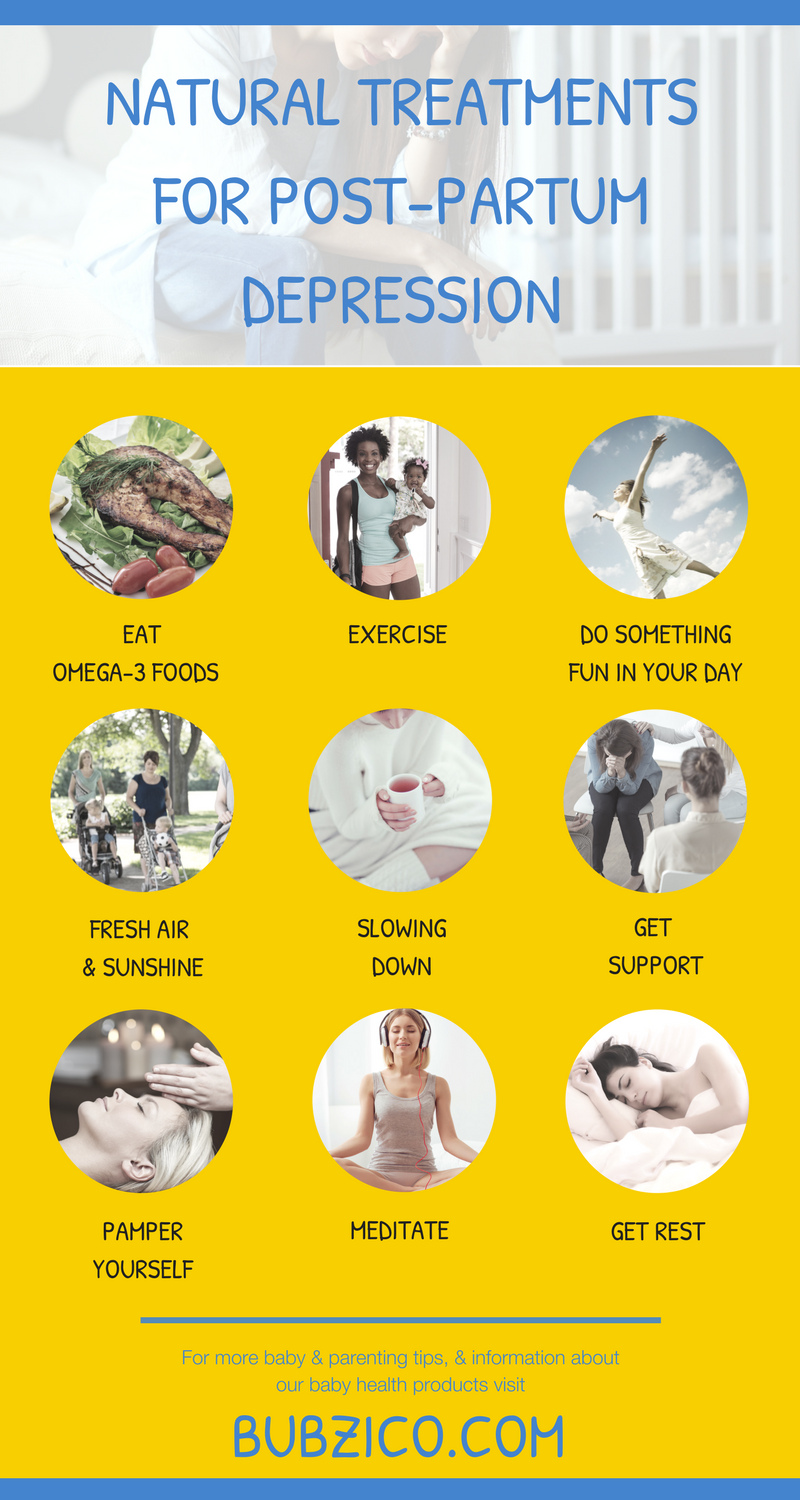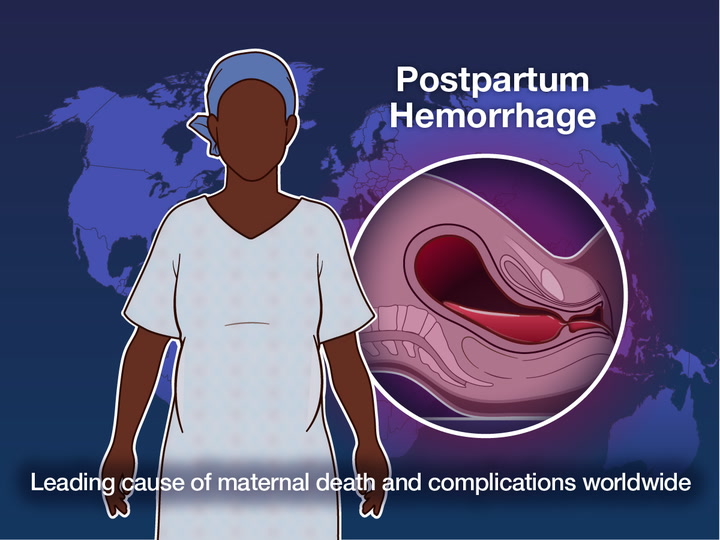The Definitive Guide to Beautiful Journey Reproductive Counseling Center
The Definitive Guide to Beautiful Journey Reproductive Counseling Center
Blog Article
A Biased View of Beautiful Journey Reproductive Counseling Center
Table of Contents7 Simple Techniques For Beautiful Journey Reproductive Counseling CenterIndicators on Beautiful Journey Reproductive Counseling Center You Should KnowThe Facts About Beautiful Journey Reproductive Counseling Center UncoveredBeautiful Journey Reproductive Counseling Center Can Be Fun For EveryoneAll About Beautiful Journey Reproductive Counseling CenterThe Ultimate Guide To Beautiful Journey Reproductive Counseling Center

Dealing with mental health specialists is a fantastic way to learn more about postpartum anxiety and how to recoup. Treatment enables women to resolve their condition and comprehend the progress they make. Specialists can likewise change treatment in action to the lady's development. Treatment is a personal and crucial method to treat postpartum clinical depression.

The Ultimate Guide To Beautiful Journey Reproductive Counseling Center
There have not been definitive research studies released that looked especially at folate or other B vitamins in the treatment of postpartum clinical depression. Think about advising to females who are postpartum to continue their prenatal vitamin or take a B-100 complicated with concerning 1 mg (or 1,000 mcg) of folic acid, or folate.
Adjustment of vitamin D deficiency might play a considerable role in the recuperation from postpartum depression. Mommies fighting with depression needs to have their 25-OH vitamin D degree examined. Lots of women discover that they need a minimum of 2,000-3,000 IUs of cholecalciferol, which is vitamin D3 (a type that is extremely conveniently absorbed) throughout the cold weather.
In the summer season, less dental vitamin D may be required, depending upon the latitude where the mother lives. perinatal counseling.
Everything about Beautiful Journey Reproductive Counseling Center

[15, 16 (https://anotepad.com/notes/diiqyme9)] Anticoagulation might be utilized, and it needs to be noted that there exists no universal guideline or recommendation for anticoagulation treatment in septic pelvic thrombosis. Preliminary bolus of 60 units/kg (4000 systems optimum) adhered to by 12 units/kg/h (optimum of 1000 units/h) is suggested. [6] The aPTT is checked for 2-3 times the normal worth.
Postpartum clinical depression (PPD) is an intricate mix of physical, emotional, and behavioral modifications that happen in some ladies after offering birth. According to the DSM-5, a hands-on used to identify psychological conditions, PPD is a type of major anxiety that starts within 4 weeks after shipment. The medical diagnosis of postpartum depression is based not only on the size of time in between delivery and beginning yet on the severity of the clinical depression.
The term explains an array of physical and psychological adjustments that lots of brand-new mommies experience. The real web link between this decrease and anxiety is still not clear.
Examine This Report on Beautiful Journey Reproductive Counseling Center
Usually, joining a support system of brand-new mommies or speaking with other mommies helps. can happen site link a few days and even months after giving birth. PPD can happen after the birth of any type of youngster, not simply the very first child. You can have feelings comparable to the child blues-- unhappiness, despair, anxiousness, crankiness-- yet you feel them far more strongly.
When your capability to feature is influenced, you need to see a healthcare provider, such as your OB/GYN or primary care medical professional. This doctor can evaluate you for clinical depression symptoms and come up with a therapy strategy. If you do not obtain treatment for PPD, signs can become worse. While PPD is a serious condition, it can be treated with medicine and therapy.
This illness can take place quickly, often within the first 3 months after giving birth. Women can shed touch with truth, having auditory hallucinations (hearing things that aren't actually happening, like a person chatting) and delusions (strongly believing things that are clearly unreasonable). Aesthetic hallucinations (seeing points that aren't there) are less common.
Women who have postpartum psychosis requirement therapy right away and virtually constantly need drug. Therapy choices consist of anti-anxiety or antidepressant drugs, psychotherapy, and engagement in a support team for emotional support and education.
9 Simple Techniques For Beautiful Journey Reproductive Counseling Center
Kids of mommies with postpartum anxiety are most likely to have troubles with resting and eating, weeping greater than typical, and delays in language development. If you have a history of anxiety, tell your medical professional as quickly as you discover you're expectant, or if you're intending to become pregnant.
PPD can occur after the birth of any youngster, not just the first youngster. You can have sensations similar to the child blues-- despair, anguish, anxiousness, crankiness-- but you feel them much more strongly.
When your capability to function is influenced, you require to see a health care service provider, such as your OB/GYN or main treatment medical professional. If you don't get treatment for PPD, signs and symptoms can get worse.
This illness can occur promptly, commonly within the very first 3 months after giving birth. Ladies can lose touch with truth, having acoustic hallucinations (hearing points that aren't really occurring, like a person chatting) and misconceptions (strongly thinking points that are clearly illogical). Aesthetic hallucinations (seeing things that aren't there) are less common.
The Ultimate Guide To Beautiful Journey Reproductive Counseling Center
Ladies that have postpartum psychosis demand therapy right away and almost constantly require medication. Treatment choices consist of anti-anxiety or antidepressant drugs, psychotherapy, and participation in a support team for psychological assistance and education.
Kids of mothers with postpartum clinical depression are most likely to have problems with resting and consuming, sobbing more than normal, and delays in language growth (reproductive mental health). If you have a background of clinical depression - https://www.domestika.org/en/beaj0urepcc, inform your doctor as quickly as you learn you're pregnant, or if you're planning to conceive
Report this page